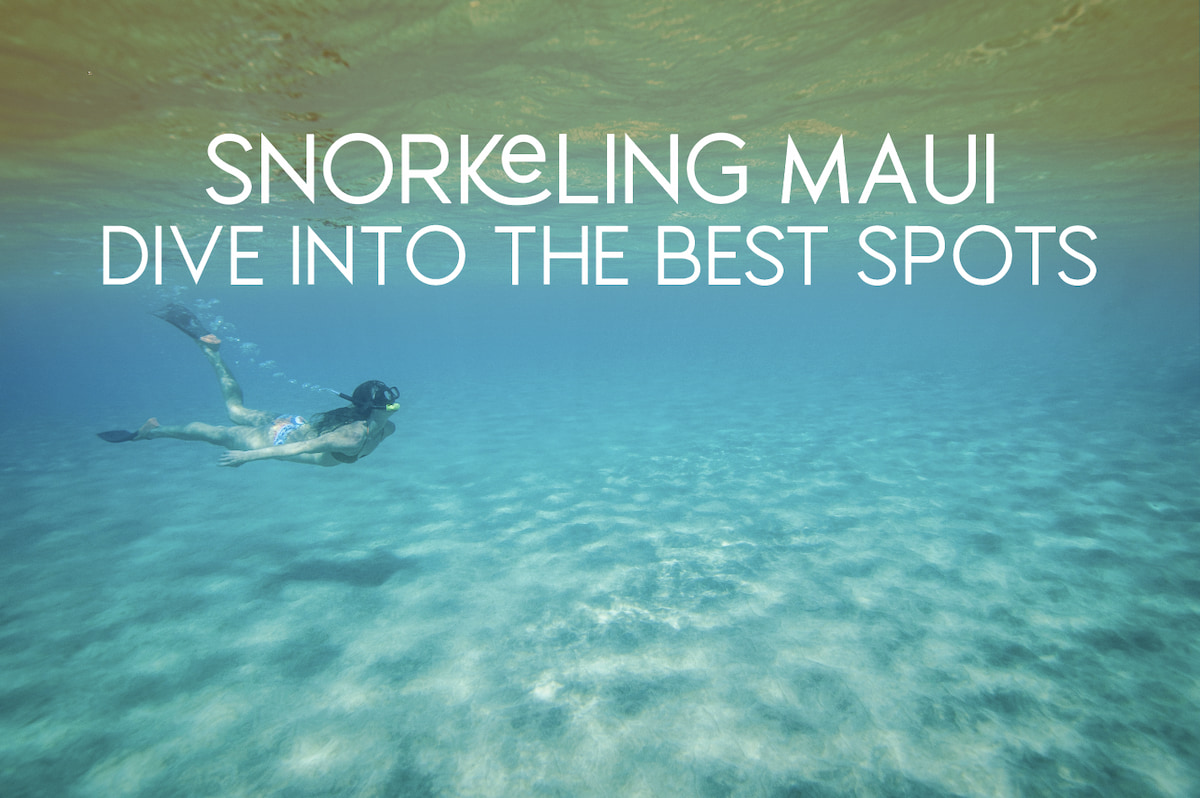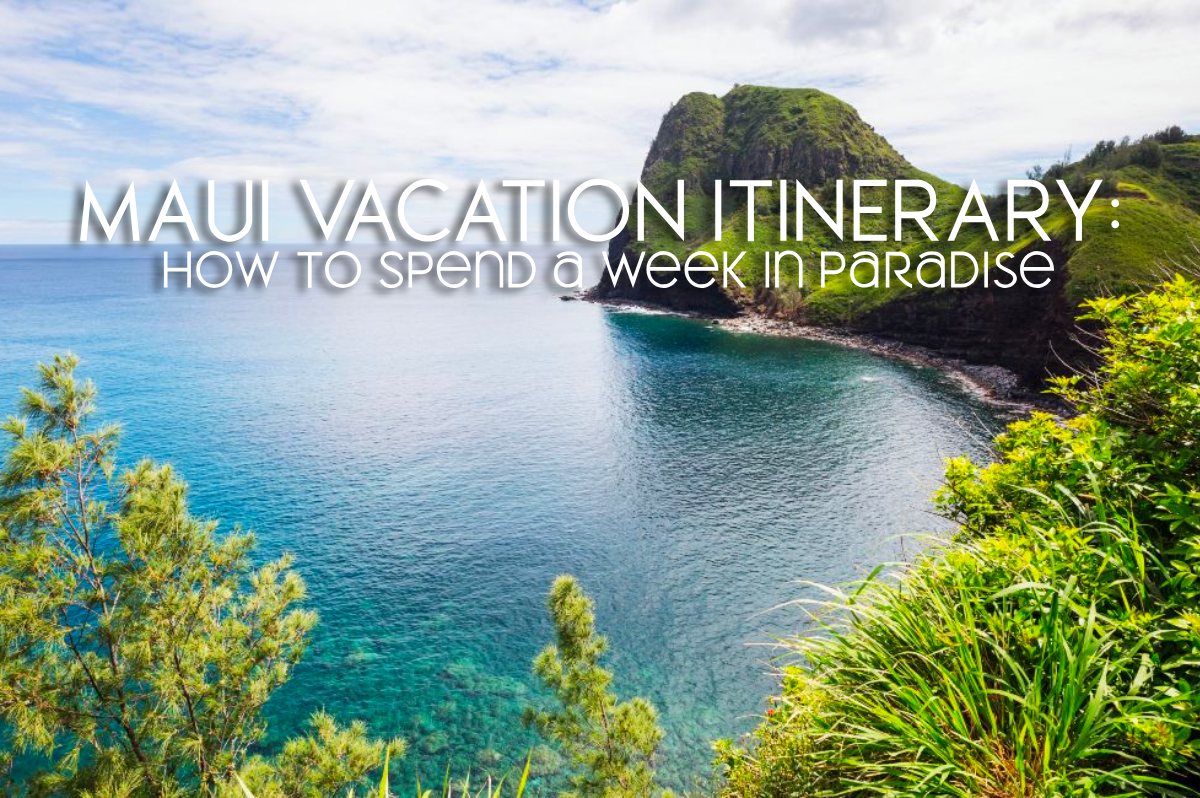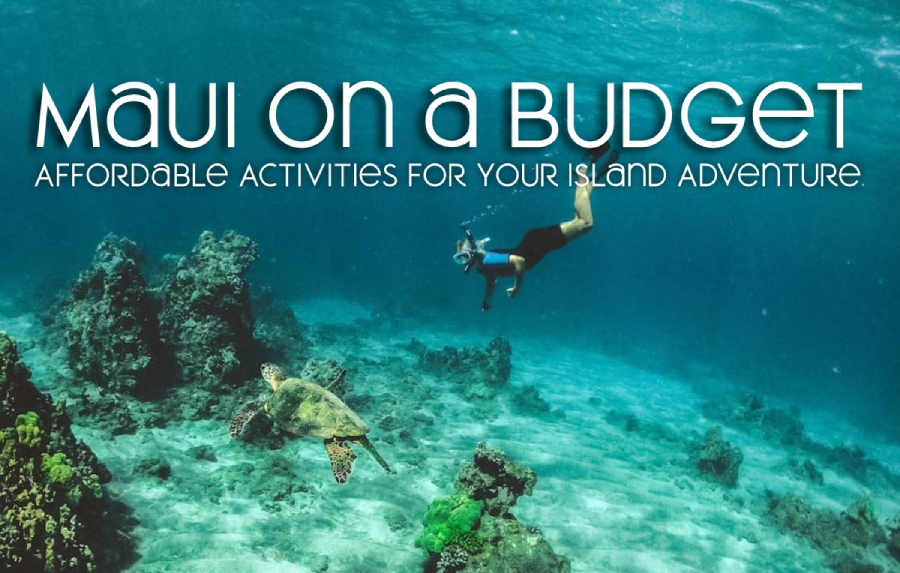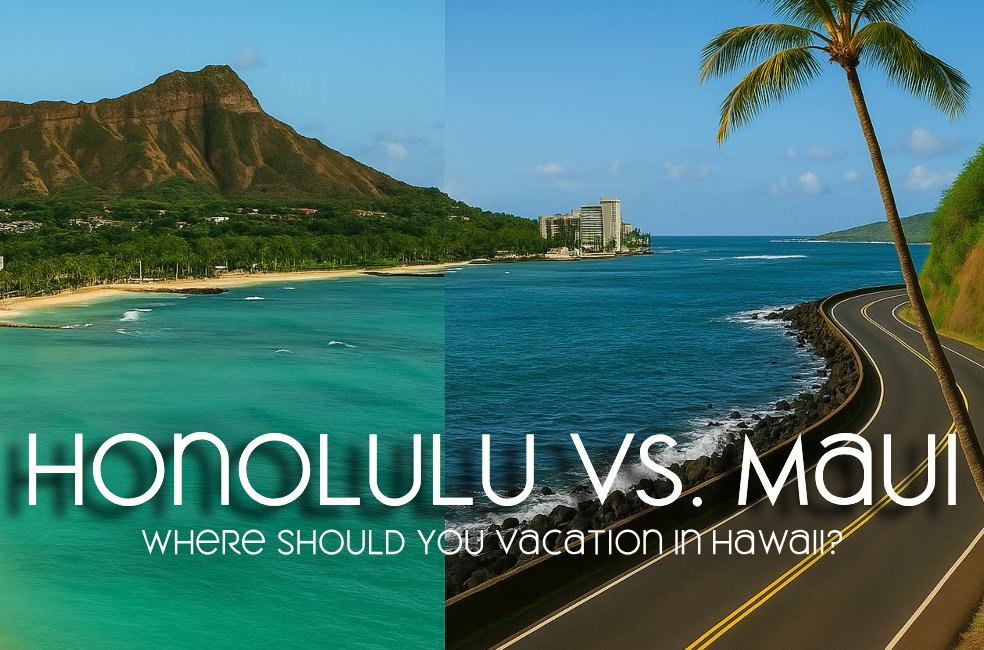Maui offers exceptional snorkeling with many world-class spots, including Molokini Crater, Honolua Bay, and Black Rock Kaʻanapali. Morning hours provide optimal conditions with calm waters and 150+ foot visibility at protected marine sanctuaries. Safety is paramount – check daily conditions reports and snorkel with a buddy, as snorkeling accounts for the highest drowning fatalities among Hawaii ocean activities. West and South Maui beaches offer year-round access with over 250 tropical fish species, Hawaiian green sea turtles, and pristine coral reefs suitable for all experience levels.
Where Can I Find the Best Snorkeling Spots on Maui Right Now?
The island’s premier snorkeling destinations offer experiences for every comfort level, from easily accessible shore spots to boat-only adventures that reveal Maui’s most pristine underwater sanctuaries.
1. Molokini Crater – #1 Underwater Paradise

Picture yourself floating above what feels like an underwater cathedral—this crescent-shaped volcanic crater, born from fire 150,000 years ago, now cradles a marine sanctuary where visibility stretches beyond 150 feet. The water here holds a reverent stillness, broken only by the gentle flutter of parrotfish and the graceful dance of Moorish idols.
Marine Life: Parrotfish, butterflyfish, Moorish idols, trumpetfish, green sea turtles
Best For: All levels, photography, bucket-list experience
Current Conditions: Optimal visibility with calm morning conditions through summer 2025
2. Honolua Bay – Marine Life Conservation District

The short walk through ironwood trees to Honolua Bay feels like a pilgrimage to one of West Maui’s most treasured marine sanctuaries. This Marine Life Conservation District represents what happens when we choose protection over exploitation—thriving fish populations and coral gardens that shimmer with life.
Access: 5-minute walk from roadside parking
Best Time: Mid-summer, when conditions are calm; winter brings large swells
Marine Life: Diverse fish populations, eels, Hawaiian green sea turtles
3. Black Rock (Kaʻanapali Beach) – Iconic Lava Formation

At Pu’u Keka’a, the ancient volcanic formation known as Black Rock, you’re snorkeling in waters steeped in Hawaiian legend. This is where souls of the departed were believed to leap into the spiritual realm—a reminder that these aren’t just pretty places, but locations of profound cultural significance.
Current Conditions: Calm winds with small shore break; watch for surge along rocks
Marine Life: Trumpetfish, Hawaiian state fish, butterflyfish, goatfish, sea turtles
Safety Note: Stay close to shore; avoid snorkeling directly under the rock
What Are the Best Family-Friendly Snorkeling Beaches in Maui?
Kapalua Bay and Kahekili Beach Park provide easy water entry, calm conditions, and beach amenities perfect for families with children and beginner snorkelers. Snorkeling is easily one of our most recommended family-friendly activities on Maui.
4. Kapalua Bay – Crescent-Shaped Paradise

This crescent-shaped bay cradles families in its protective arms, where golden sand meets turquoise water in perfect harmony. The bay’s natural design creates a sense of security—lava rock formations guide you toward marine life while keeping conditions gentle.
Features: Protected bay, sandy bottom center, lava rock formations on sides
Marine Life: Sea turtles, needlefish, parrotfish, humuhumunukunukuapuaʻa
Amenities: Beach facilities, rentals, easy parking
5. Kahekili Beach Park (Airport Beach) – West Maui Gem
Sometimes called Airport Beach, this West Maui gem embodies the spirit of local beach parks—places where families gather, keiki learn to love the ocean, and visitors experience authentic island life. The expansive parking and facilities speak to thoughtful planning that serves everyone.
Best For: All-day family outings, beginners
Current Status: Calm conditions with very low winds and minimal surf
6. Ulua Beach – South Maui Family Favorite
Between luxury resorts lies this accessible gem where the rocky headland creates natural protection and underwater interest. Winter brings an unexpected gift—the haunting songs of humpback whales echoing through the water, a reminder of the Pacific’s greater migrations.
Special Feature: Haunting humpback whale songs are audible underwater during winter months
Access: Between luxury resorts with full amenities
Which Snorkeling Spots Offer the Best Chance to See Sea Turtles?

Hawaiian green sea turtles, or honu, hold special significance in Hawaiian culture as symbols of good luck, endurance, and long life. Turtle Town near Wailea and Maluaka Beach (Turtle Town area) provides the highest probability for Hawaiian green sea turtle encounters at dedicated cleaning stations.
7. Turtle Town – Dedicated Turtle Cleaning Station
The underwater lava formations near Wailea serve as cleaning stations where honu come for spa treatments from small fish. Watching this ancient ritual reminds you that you’re witnessing relationships that predate human presence on these islands.
Access: Boat tours only from the Wailea area
Marine Life: Hawaiian green sea turtles, butterflyfish, triggerfish, eagle rays, eels
Current Conditions: Calm waters with excellent visibility through 2025
8. Maluaka Beach – “Turtle Town” Area
South of Wailea, this beach requires no special skills—just patience and respect. Following the lava-rock coastline often reveals honu grazing on seaweed, a meditation on the slower rhythms of ocean life.
Strategy: Follow lava-rock coast extending from the beach end as conditions allow
Best For: Turtle watching, calm water swimming, family outings
Where Can Experienced Snorkelers Find Advanced Underwater Adventures?
For those comfortable in deeper waters, Maui offers underwater landscapes that challenge and inspire—places where adventure meets responsibility. Five Caves at Makena Landing offers experienced snorkelers magical underwater cave systems with white tip reef sharks, while Coral Gardens provides pristine reef formations.
9. Five Caves (Makena Landing) – Advanced Cave System
The underwater lava formations here create three distinct cave experiences: the “sand cave” where white tip reef sharks rest, the “bubble cave” with its natural air pocket, and the “mini cathedral” where sunbeams create stained-glass effects through the water.
Experience Required: Advanced snorkeling/diving skills
Marine Life: White tip reef sharks, lobsters, eagle rays, manta rays, and bottlenose dolphins.
Access: Dirt parking at 5034 Makena Road; no lifeguards or amenities
10. Coral Gardens – Hidden West Maui Gem

Along West Maui’s dramatic coastline, black lava fingers extend into the ocean, creating secret coral caves and passageways. This spot rewards exploration while demanding respect for its delicate ecosystem.
Features: Reef formation from Papalaua Beach to cliffs, underwater passageways.
Marine Life: Angel fish, butterfly fish, parrot fish, triggerfish, octopus, moray eels
What About Current Ocean Conditions and Safety in 2025?
Current Maui conditions show warm mid-80s temperatures with moderate trade winds; however, snorkeling remains Hawaii’s most dangerous ocean activity, requiring constant vigilance.
Current Safety Updates (2025)
Hawaii Ocean Safety reports that snorkeling accounts for more visitor drownings than any other activity, emphasizing the critical importance of the buddy system, proper equipment, and condition assessment.
Daily Condition Resources:
- Boss Frog’s Daily Snorkel Report (updated 6 AM daily)
- Hawaii Beach Safety website for nine lifeguarded beaches
- Maui 24/7 and MauiNow Facebook surf forecasts
Essential Safety Protocol:
- Snorkel only with experienced ocean swimmers using the buddy system
- Optimal conditions occur during morning hours with calm waters
- Check daily surf and wind reports before entering the water
- Avoid full-face masks; use traditional snorkel equipment from licensed vendors
- Wait at least 12–24 hours after flying before snorkeling or diving—changes in pressure and fatigue can increase the risk of decompression sickness and shallow water blackout
- Please remember to avoid standing on coral and never feed marine life—help protect these living ecosystems for future generations.
Additional Premium Snorkeling Destinations

11. Keawakapu Beach – Marine Life Abundance
Located steps from Mana Kai Maui Resort, lava fingers on the right side create prime habitat for diverse fish populations and marine life.
12. Napili Bay – Calm Shallow Waters
Perfect for families and beginners with abundant fish populations in calm, shallow, clear waters, providing a stress-free snorkeling experience.
13. Olowalu Reef – Hawaii’s Oldest Reef
One of Hawaii’s oldest and largest reefs features pinnacle formations home to sea turtles, rays, tropical fish, and reef sharks.
14. Mokuleia Bay
The Marine Life Conservation District was designated in 1978 with pristine snorkeling, though winter waves can create rough conditions requiring strong swimming skills.
15. Wailea Beach – Resort Area Luxury
Outstanding beach regularly voted among the world’s top beaches, perfect for groups mixing snorkeling with premium beach relaxation at Grand Wailea and Four Seasons.
Snorkeling Tours vs. Shore Access: Which Should You Choose?
Maui’s unique advantage includes extensive shore access to top snorkeling spots, unlike many global destinations that require expensive boat transportation for quality reef access.
When to Choose Tours:
- Molokini Crater access (boat-only with 150+ foot visibility)
- Small-group eco-rafting for personalized marine naturalist education
- Winter whale watching combinations (December-April)
- Equipment provision and safety supervision
Shore Snorkeling Advantages:
- Free beach access without schedule restrictions or cancellations
- Flexible timing for optimal morning conditions
- Multiple spot exploration in a single day
- Cost-effective for extended stays
Seasonal Considerations and Best Timing
Peak Season Analysis
Optimal snorkeling season runs mid-April through November, with calmer waters and peak visibility, especially during summer months.
Current Recommendations:
- April, September, and October offer perfect temperatures with fewer crowds
- December-April focuses on whale watching with snorkeling as a secondary activity
- The May-November transition emphasizes snorkeling and vibrant marine life activity
- Winter months bring large north swells, making snorkeling hazardous or inaccessible on the North Shore (e.g., Honolua Bay), while South Shore locations (e.g., Wailea, Makena) are generally calmer. In summer, conditions reverse—South Shore may see larger waves, and North Shore snorkeling improves.
Essential Gear and Equipment
2025 Equipment Standards:
Modern tours provide sanitized equipment, including fins, masks, snorkels, flotation devices, and reef-safe sunscreen for environmental protection.
Recommended Gear Specifications:
- Silicone comfort-fit mask with anti-fog treatment
- Traditional snorkel equipment over full-face masks for safety
- Vented fins for efficient movement
- Reef-safe sunscreen (required by law)
- Flotation vest for beginners
Experience Maui’s Underwater Paradise Today
Ready to explore Maui’s world-class snorkeling destinations? Whether you’re seeking family-friendly beaches, turtle encounters, or advanced underwater cave systems, Maui’s diverse marine environments offer unforgettable experiences for every skill level.Browse our special deals on Maui Vacation Rentals to find your perfect home base for daily snorkeling adventures, or explore our Maui area guide for comprehensive island exploration planning.
Commonly Asked Questions About Snorkeling on Maui
What’s the safest snorkeling spot for beginners on Maui?
Kapalua Bay offers the easiest snorkeling conditions with marine life abundant very close to shore, typically calm morning conditions, and easy water access perfect for first-time snorkelers.
When is the best time of day to snorkel in Maui?
Morning hours provide optimal snorkeling conditions with calm waters, increased visibility, more active marine life, and lighter winds before afternoon trade wind patterns develop.
Can I see sea turtles while snorkeling from the beach?
Yes, Turtle Town, Maluaka Beach, and Black Rock consistently offer Hawaiian green sea turtle encounters, though remember these are wild animals with no guaranteed sightings.
Do I need a tour to snorkel Molokini Crater?
Yes, Molokini Crater is only accessible via approved boat tours due to its offshore location and protected marine sanctuary status.
What should I do if snorkeling conditions look dangerous?
Never enter water with high surf, strong currents, or murky visibility. Check with lifeguards, assess conditions carefully, and choose alternative protected locations when primary spots show dangerous conditions.



